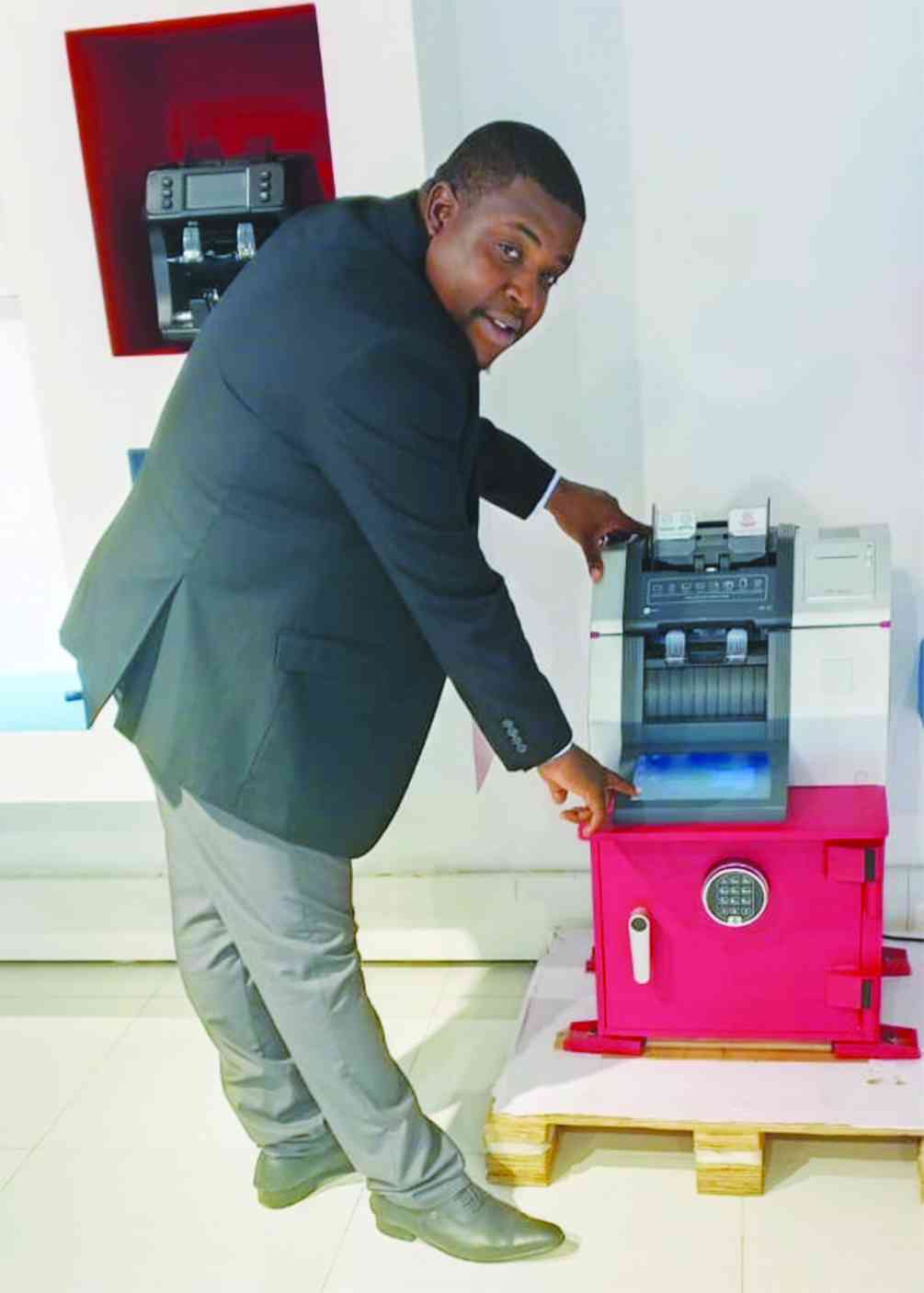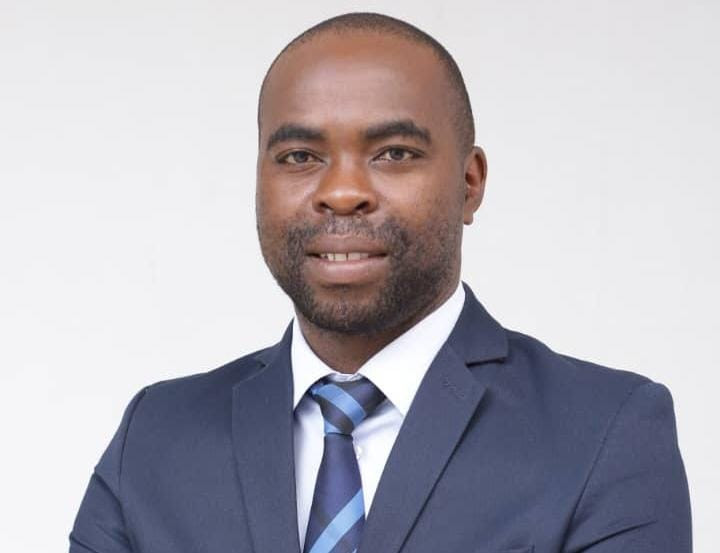
KOBALONI Energy has set its sights on Zimbabwe as the next frontier for cobalt, nickel and manganese refining after completing its ground-breaking refinery project in Zambia, businessdigest has learnt.
The company this year commissioned what it describes as Africa’s first cobalt sulphate refinery, located in Zambia, which is expected to become fully operational by year-end.
Zambia and the Democratic Republic of Congo (DRC) jointly hold 58% of the world’s cobalt-bearing copper resources.
According to GlobalData, Zambia was the world’s 14th-largest cobalt producer in 2023. Although the country’s output stagnated in 2022, production is projected to grow at a compound annual rate of 7% between 2023 and 2027.
Speaking on the sidelines of the African Investment Forum in Rabat, Kobaloni Energy chief executive Jonny Velloza said Zimbabwe’s strong nickel deposits position it as a compelling candidate for the firm’s next phase of expansion.
“We are looking at opportunities in Zimbabwe under the Kobaloni umbrella, mainly because there’s nickel, and our process is well-suited to refining cobalt, nickel and manganese,” he said.
“There’s a lot of nickel around Bindura and those areas in Zimbabwe. So, we are just keeping an eye on it.
“First target, get the Kobaloni projects in Zambia up and running. Once we have that, then we want to expand.”
- In Full: Fifteenth post-cabinet press briefing, June 07, 2022
- Health talk: Be wary of measles, its a deadly disease
- Media challenged to expose all forms of phobias
- Health talk: Let us remain vigilant about monkey pox
Keep Reading
Velloza said the order of future projects had not been finalised, but Zimbabwe, South Africa and the DRC rank high on the company’s radar.
“Opportunities are South Africa, Zimbabwe, obviously other opportunities in Zambia and then the DRC. So, that’s probably where our focus will be,” he said.
The next expansion phase is expected to begin roughly two years after the Zambian plant becomes operational, “probably three years from today”, Velloza noted.
Any move into Zimbabwe would be a greenfield venture.
“We will start a whole new project because there’s nobody doing what we are doing in Zimbabwe,” he said.
Zimbabwe, Velloza added, stands to benefit through tax revenue, job creation and targeted local supplier development.
“We don’t just build our refinery, we do all the supply developments around us,” he said.
During a panel discussion on Africa’s critical minerals and industrialisation, Velloza stressed the importance of developing domestic industrial capability.
“We are not going to buy spare parts or equipment from China. We are going to build the capability locally by keeping the money in the country and not sending it,” he said.
Velloza said the biggest barrier to African participation in the global battery mineral value chain was not technology, but mindset.
“We also don’t believe in ourselves. People keep telling me I can’t do it,” he said.
“I have watched for 35 years the timber leaving our continent to be refined somewhere else and then get sent back as a finished product.”
Africa, Velloza argued, has the skills, land and enabling conditions to refine cobalt and nickel locally instead of exporting raw materials to China, which currently produces 95% of the world’s electric vehicle batteries.
“To me it’s not a question of why we should do it, it’s a question of why we are not doing it,” he said.
“We have got the skills, we have got the technology, we have got the partnerships.”
Velloza said Zambia had already demonstrated that Africa can outperform global competitors on cost and operational standards.
He said building such facilities in Zambia costs about a third of the bill in the United States and roughly 60% of the cost in the Middle East.
“It’s cheaper to build these things in Africa,” Velloza said.
With strong environmental and Environmental, Social and Governance standards, he added, African projects can be competitive while remaining responsible.











